Max Zimmermann
Evaluation of Key Spatiotemporal Learners for Print Track Anomaly Classification Using Melt Pool Image Streams
Aug 28, 2023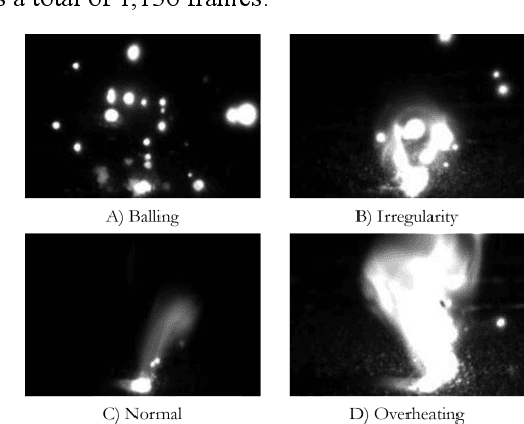
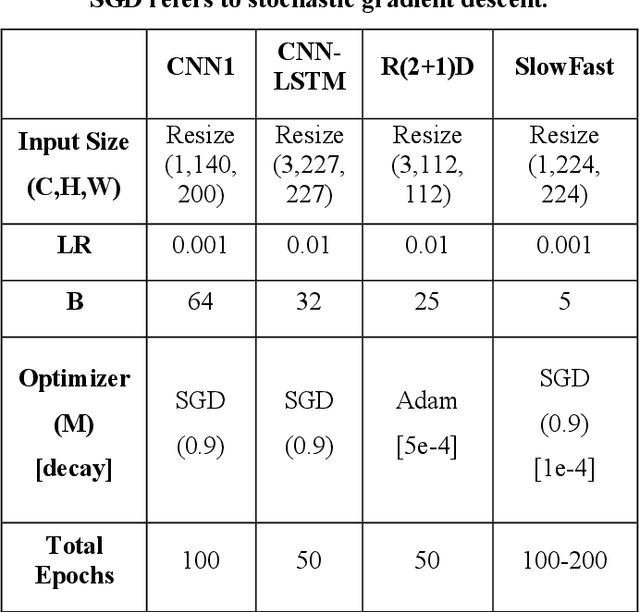
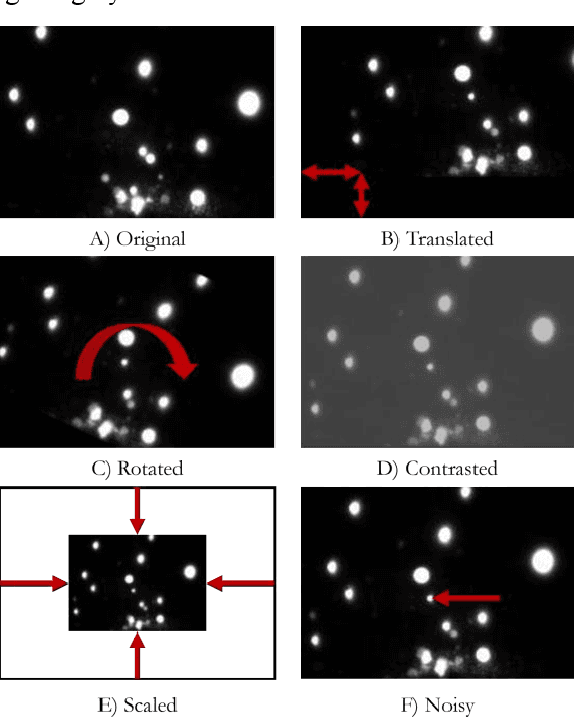

Abstract:Recent applications of machine learning in metal additive manufacturing (MAM) have demonstrated significant potential in addressing critical barriers to the widespread adoption of MAM technology. Recent research in this field emphasizes the importance of utilizing melt pool signatures for real-time defect prediction. While high-quality melt pool image data holds the promise of enabling precise predictions, there has been limited exploration into the utilization of cutting-edge spatiotemporal models that can harness the inherent transient and sequential characteristics of the additive manufacturing process. This research introduces and puts into practice some of the leading deep spatiotemporal learning models that can be adapted for the classification of melt pool image streams originating from various materials, systems, and applications. Specifically, it investigates two-stream networks comprising spatial and temporal streams, a recurrent spatial network, and a factorized 3D convolutional neural network. The capacity of these models to generalize when exposed to perturbations in melt pool image data is examined using data perturbation techniques grounded in real-world process scenarios. The implemented architectures demonstrate the ability to capture the spatiotemporal features of melt pool image sequences. However, among these models, only the Kinetics400 pre-trained SlowFast network, categorized as a two-stream network, exhibits robust generalization capabilities in the presence of data perturbations.
Open community platform for hearing aid algorithm research: open Master Hearing Aid (openMHA)
Mar 03, 2021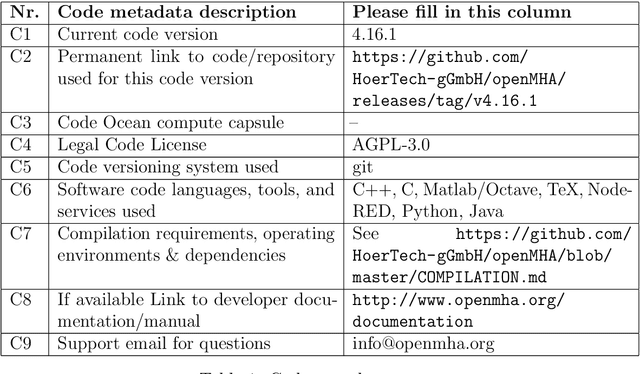
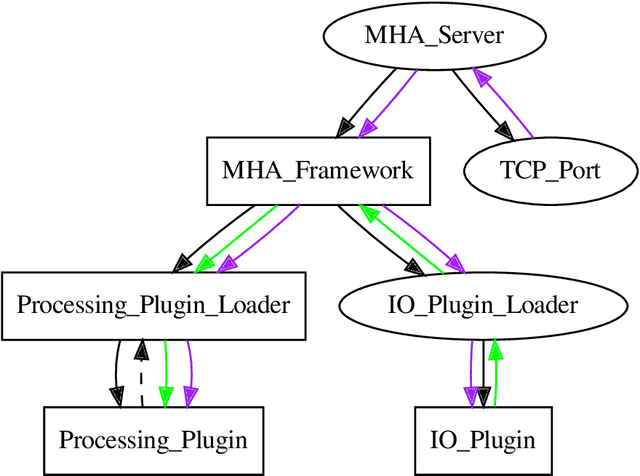

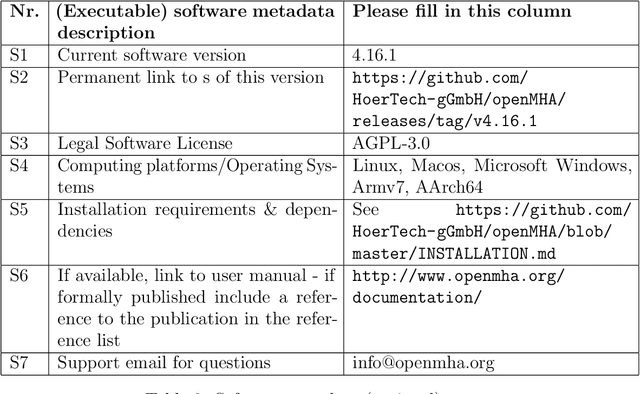
Abstract:open Master Hearing Aid (openMHA) was developed and provided to the hearing aid research community as an open-source software platform with the aim to support sustainable and reproducible research towards improvement and new types of assistive hearing systems not limited by proprietary software. The software offers a flexible framework that allows the users to conduct hearing aid research using tools and a number of signal processing plugins provided with the software as well as the implementation of own methods. The openMHA software is independent of a specific hardware and supports Linux, MacOS and Windows operating systems as well as 32- bit and 64-bit ARM-based architectures such as used in small portable integrated systems. www.openmha.org
Incremental Active Opinion Learning Over a Stream of Opinionated Documents
Sep 03, 2015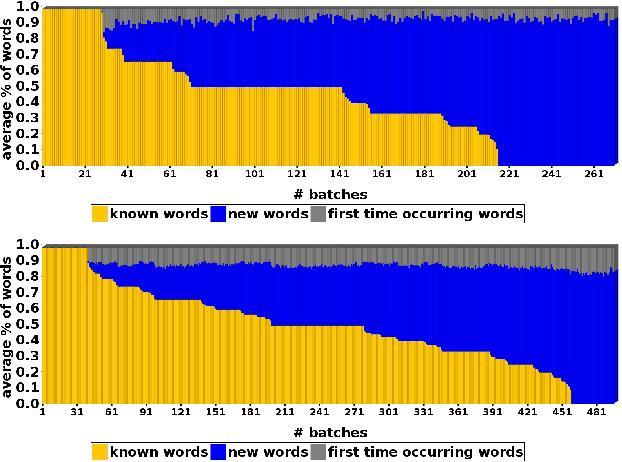

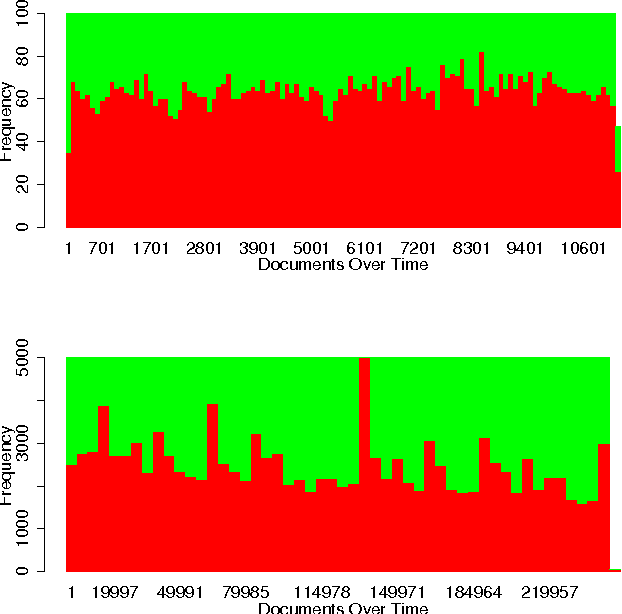
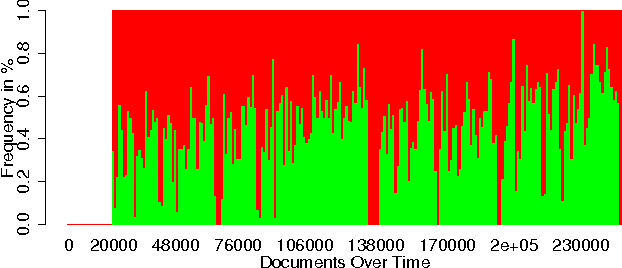
Abstract:Applications that learn from opinionated documents, like tweets or product reviews, face two challenges. First, the opinionated documents constitute an evolving stream, where both the author's attitude and the vocabulary itself may change. Second, labels of documents are scarce and labels of words are unreliable, because the sentiment of a word depends on the (unknown) context in the author's mind. Most of the research on mining over opinionated streams focuses on the first aspect of the problem, whereas for the second a continuous supply of labels from the stream is assumed. Such an assumption though is utopian as the stream is infinite and the labeling cost is prohibitive. To this end, we investigate the potential of active stream learning algorithms that ask for labels on demand. Our proposed ACOSTREAM 1 approach works with limited labels: it uses an initial seed of labeled documents, occasionally requests additional labels for documents from the human expert and incrementally adapts to the underlying stream while exploiting the available labeled documents. In its core, ACOSTREAM consists of a MNB classifier coupled with "sampling" strategies for requesting class labels for new unlabeled documents. In the experiments, we evaluate the classifier performance over time by varying: (a) the class distribution of the opinionated stream, while assuming that the set of the words in the vocabulary is fixed but their polarities may change with the class distribution; and (b) the number of unknown words arriving at each moment, while the class polarity may also change. Our results show that active learning on a stream of opinionated documents, delivers good performance while requiring a small selection of labels
 Add to Chrome
Add to Chrome Add to Firefox
Add to Firefox Add to Edge
Add to Edge